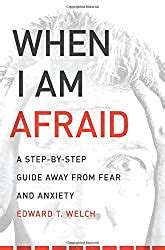A Quote by Maggie Stiefvater
Sam: “You—you greatly overestimate my self-control.” Grace: “I’m not looking for self-control.
Quote Topics
Related Quotes
Holding onto and manipulating physical objects is one of the things we learn earliest and do the most. It should not be surprising that object control is the basis of one of the five most fundamental metaphors for our inner life. To control objects, we must learn to control our bodies. We learn both forms of control together. Self-control and object control are inseparable experiences from earliest childhood. It is no surprise that we should have as a metaphor-a primary metaphor-Self Control is Object Control.
Obesity is the result of a loss of self-control. Indeed, loss of self-control might be said to be the defining social (or anti-social) characteristic of our age: public drunkenness, excessive gambling, promiscuity and common-or-garden rudeness are all examples of our collective loss of self-control.
Now, there is something else interesting here, is this thing called self-determinism and pan-determinism. We have found that there is something stands as a barrier between the ability of a person to be self-determined and the condition he is in, and that is willingness to be controlled. As long as a person will resist control, then everything that comes along which threatens to control him can do so; and thus you have aberration. And until he has a total tolerance of control, he cannot be self-determined or pan-determined.
There is a mean streak to authentic self-control. Underneath what seems to be the placid demeanor of those who are not ruled by their desires is the heart of a warrior. Self control is not for the timid. When we want to grow in it, not only do we nurture an exuberance for Jesus Christ, we also demand of ourselves a hatred for sin.































